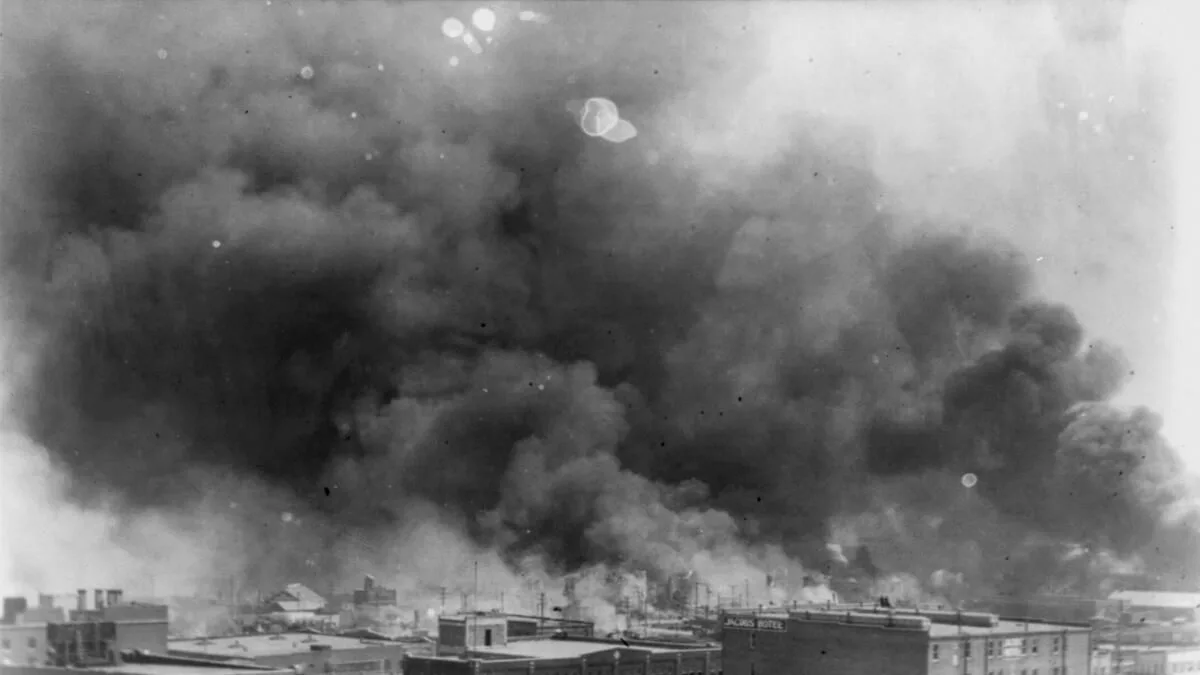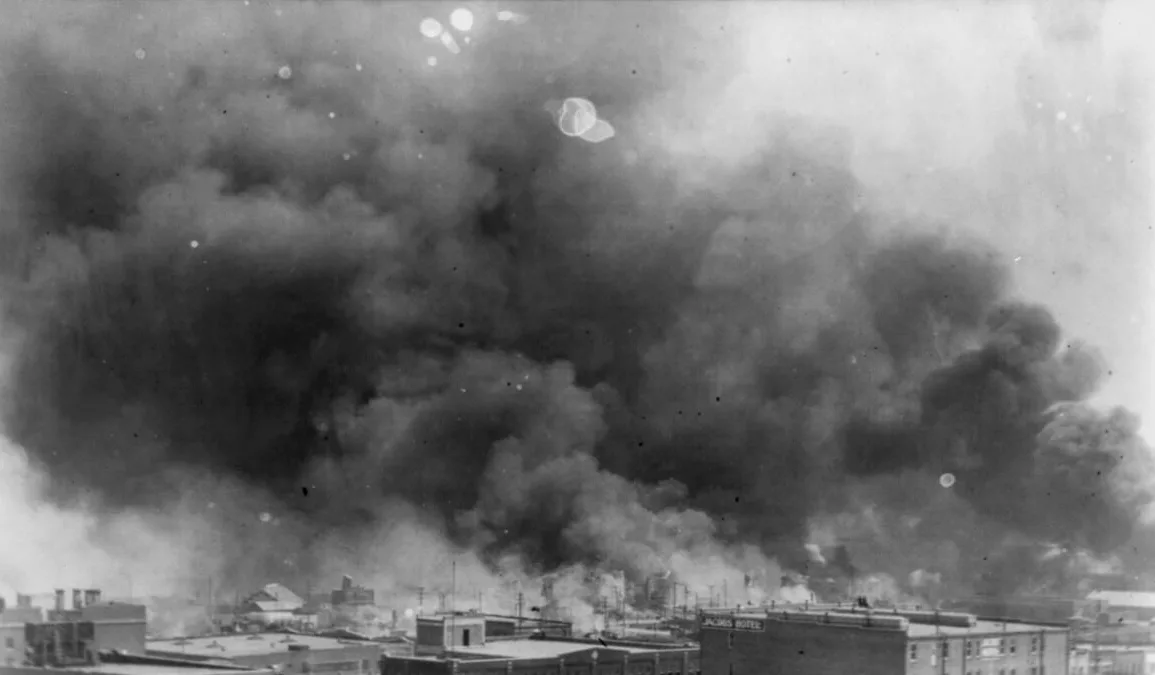
Imagine living through a nightmare that decimated your community, erased your economic prosperity, and left a scar so deep that it transcends generations. Now, imagine fighting for nearly a century for acknowledgment, for justice. This isn’t a hypothetical scenario but the lived reality of the survivors of the 1921 Tulsa Race Massacre. In a landmark decision, the Oklahoma Supreme Court has agreed to hear their case for reparations, marking a pivotal moment in their protracted battle for recognition and restitution.
A Century-Old Wound
The Tulsa Race Massacre, once buried in the annals of American history, is a stark reminder of the systemic violence inflicted upon Black communities. Over a 24-hour period, a white mob, with the tacit support of local authorities, decimated the Greenwood District, known as the ‘Black Wall Street’ for its prosperity. The aftermath was devastating: hundreds of Black individuals were killed, and thousands were left homeless, their properties and businesses razed to the ground. For the survivors, including Viola Fletcher, Lessie Benningfield Randle, and Hughes Van Ellis Sr., the massacre wasn’t just an event in history; it was their life’s defining tragedy.
The Fight for Reparation
Despite the clear injustice, the journey toward reparations has been fraught with legal and political hurdles. The case, spearheaded by attorney Damario Solomon-Simmons, seeks not only financial compensation but a formal acknowledgment of the wrongs perpetrated against the Black community in Tulsa. “The state of Oklahoma has the capacity and the moral obligation to right these wrongs,” argues Solomon-Simmons. The dismissal of the case by a Tulsa County District Judge in July 2023 was a setback, but the decision by the Oklahoma Supreme Court to hear the case has reignited hope among the survivors and their advocates. With oral arguments set to begin on April 2, the case represents a critical opportunity for justice and acknowledgment of one of the most egregious acts of racial violence in American history.
A Glimmer of Hope
The significance of the Oklahoma Supreme Court’s decision cannot be overstated. It is a beacon of hope, not just for the survivors of the Tulsa Race Massacre, but for Black communities across the United States seeking justice for historical injustices. The case is bolstered by the support of philanthropists like the New York philanthropist who recently donated $3 million to the survivors, calling upon wealthy Americans to contribute to reparations. This gesture of solidarity and recognition is a powerful statement against the backdrop of a government that has, for too long, failed to adequately address the scars left by racial violence.
The Tulsa Race Massacre reparations case is more than a legal battle; it’s a litmus test for America’s commitment to justice and reconciliation. As the survivors, all over 100 years old, prepare for their day in court, their fight transcends personal restitution; it’s a plea for acknowledgment, for healing, and for ensuring that the horrors of the past are neither forgotten nor repeated. The eyes of the nation, and indeed the world, are on Oklahoma, watching as it confronts a pivotal moment in its history. The outcome of this case could set a precedent for how America deals with its darkest chapters, offering a path toward healing or a reminder of unresolved injustices.


